Everyday when I commute to work on my giant orange bike, American cultural values are on full display.
There in the bike lane, a UPS truck has come to a halt. An Uber driver is looking at their cell phone, waiting for a passenger. A moving truck is slowly filling up with a lifetime’s worth of stuff. A newly constructed shack stands: outdoor seating for the hardy and devoted who just want to have a meal with friends.
Each of these squeezes me out of my lane and into traffic. My safety, my life, has been deemed by others as worth risking. This points to one simple truth: Capitalism has run the numbers, and people on bikes are not worth the cost of protection.
I resent that.
However, I understand it. Delivery drivers would be fired if they didn’t bend and break the rules to fulfill their work duties. Restaurants are unlikely to survive the pandemic without outdoor tables to serve. Sometimes, as the old song goes, you gotta move—so you park your U-Haul wherever you can.
Underlying this all is the primacy of motorists. Cars rule the road.
As I ponder my secondary status on the streets, I pass by a makeshift housing encampment on 13th Street and, a couple blocks farther, another outside the Reading Terminal Market. If my bike and I rank behind cars, delivery trucks and business concerns, where do the unhoused fall on the list? Are they even on it?
The climate crisis and poverty crisis (felt disproportionately by people of color, the result of systemic racism) each demands that we transform our economy. To transform the economy, we have to change our values.
In October, City Councilmember Katherine Gilmore Richardson, who chairs the Committee on the Environment, put forth a resolution entitled “Declaring the intent to prioritize climate action and environmental justice in the ongoing COVID-19 recovery effort.” It was approved by 11 councilmembers at the meeting.
In an editorial written for WURD’s ecoWURD blog, “Climate Action Can Power Our Recovery,” Gilmore Richardson advocates for a paradigm shift. “Making these investments will require us to think differently about costs, shifting our mindset from a take-make-waste model to one that is regenerative [emphasis hers].”
More often than not, the costs of a regenerative economy are higher upfront. The status quo has been achieved by hiding the true costs of goods, the “externalities” that don’t show up on the balance sheet but are paid for by human suffering and environmental degradation.
As high as those upfront costs might seem, Gilmore Richardson warns that they are dwarfed by what awaits us as climate change occurs.
“The COVID-19 pandemic has drastically changed our lives, much in the way climate change will if not addressed. If greenhouse gas emissions aren’t slowed, temperatures will continue to rise and extreme weather will wreak havoc on every sector of the global economy, making the losses we’ve seen from COVID-19 look miniscule.”
In this month’s issue, we highlight Ray’s Reusables and Good Buy Supply, two businesses challenging the status quo and showing what a more thoughtful economy could be. Former Zero Waste and Litter Cabinet Director Nic Esposito talks about the circular economy, where all value is extracted and nothing is wasted.
When we prioritize climate action and environmental justice, we address two profound problems at once. This is how it should be, because we will surely not solve one without solving the other.



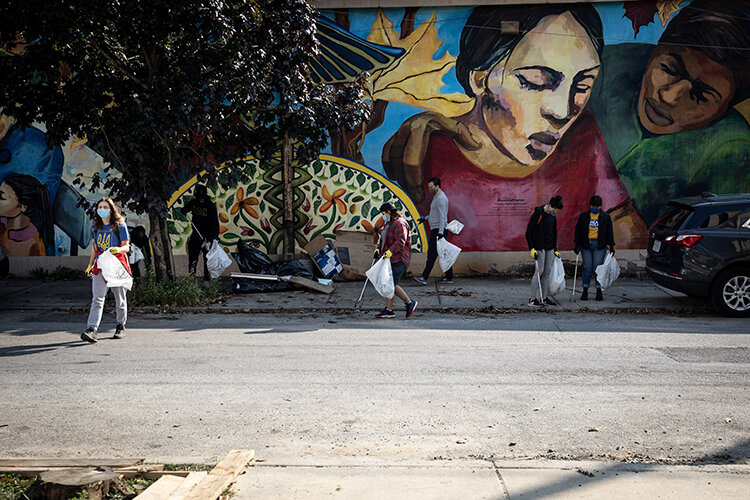
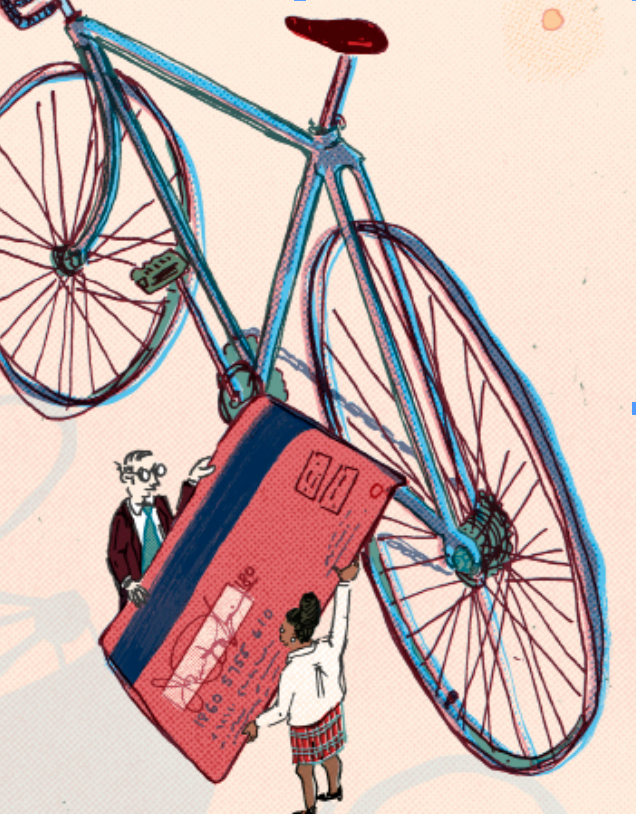
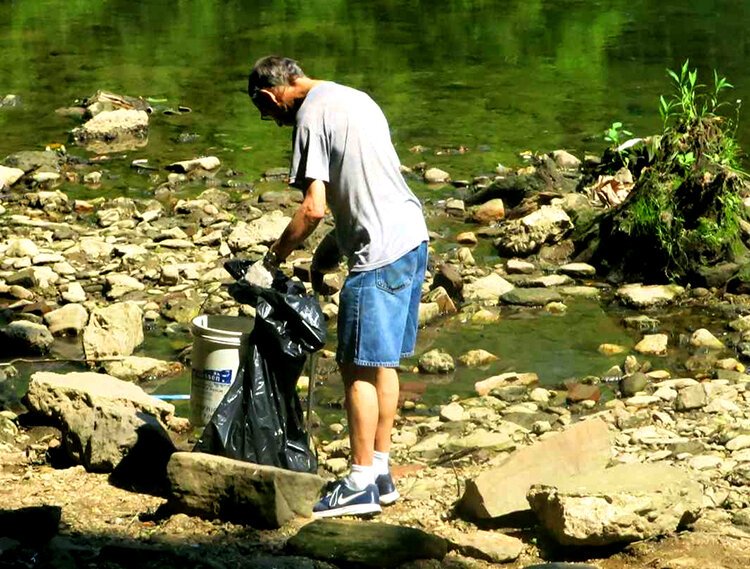
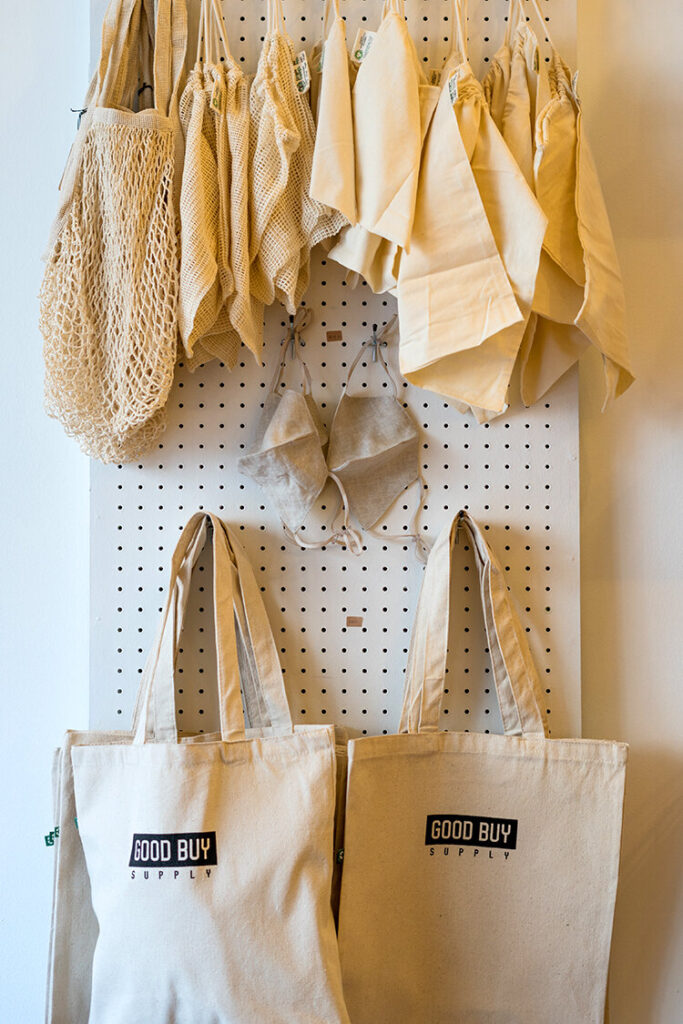
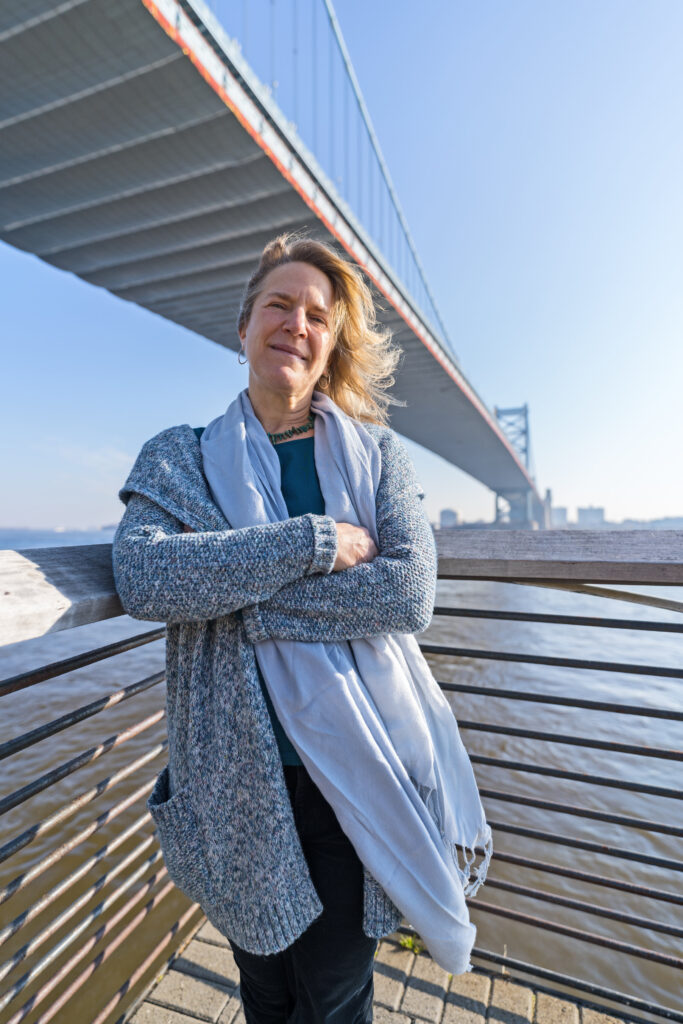
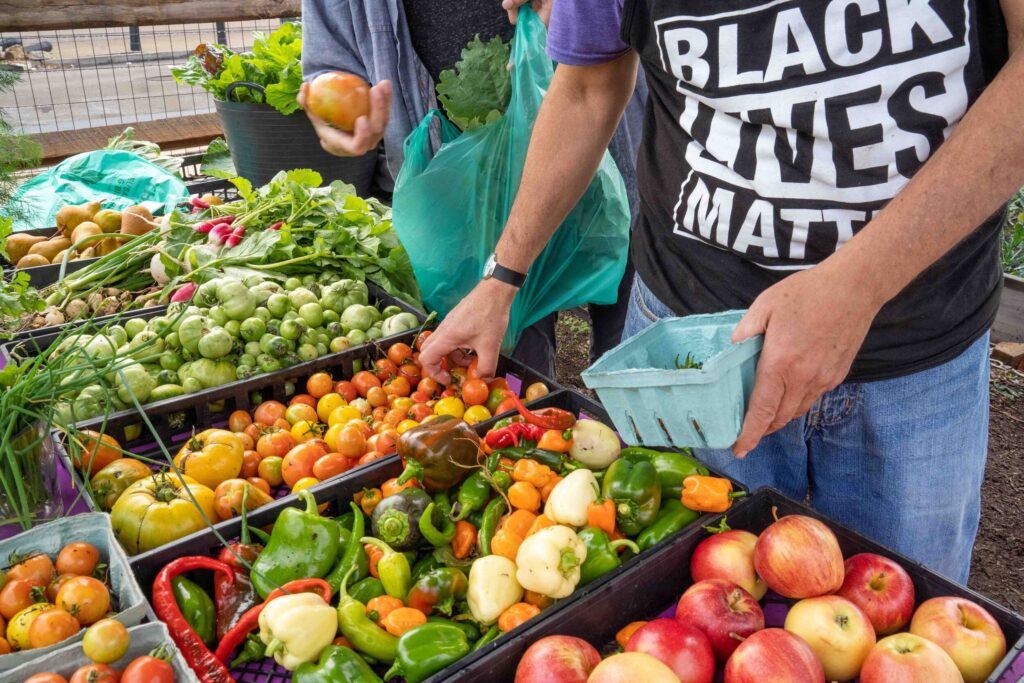
Hello Alex,
As a 64-year old cyclist, who utilizes the bike as a form of transportation, you forget about the many times your safety has been compromised by the gridlock you described in your article. There’s always the next ride, as we forget about past episodes.
To expand on what you wrote, I find it disheartening that when it comes to addressing climate change , we are being told that the resources are not available. ‘The upfront cost is too great.’ Instead of approaching it as an investment in our health and safety – moving forward. We tend to wait until things get so out of hand, to justify the spending, at a premium nevertheless.
It’s frustrating that even in a democratic-leaning city such as Philadelphia, the political will still embraces status quo.
Thank you,
Harry